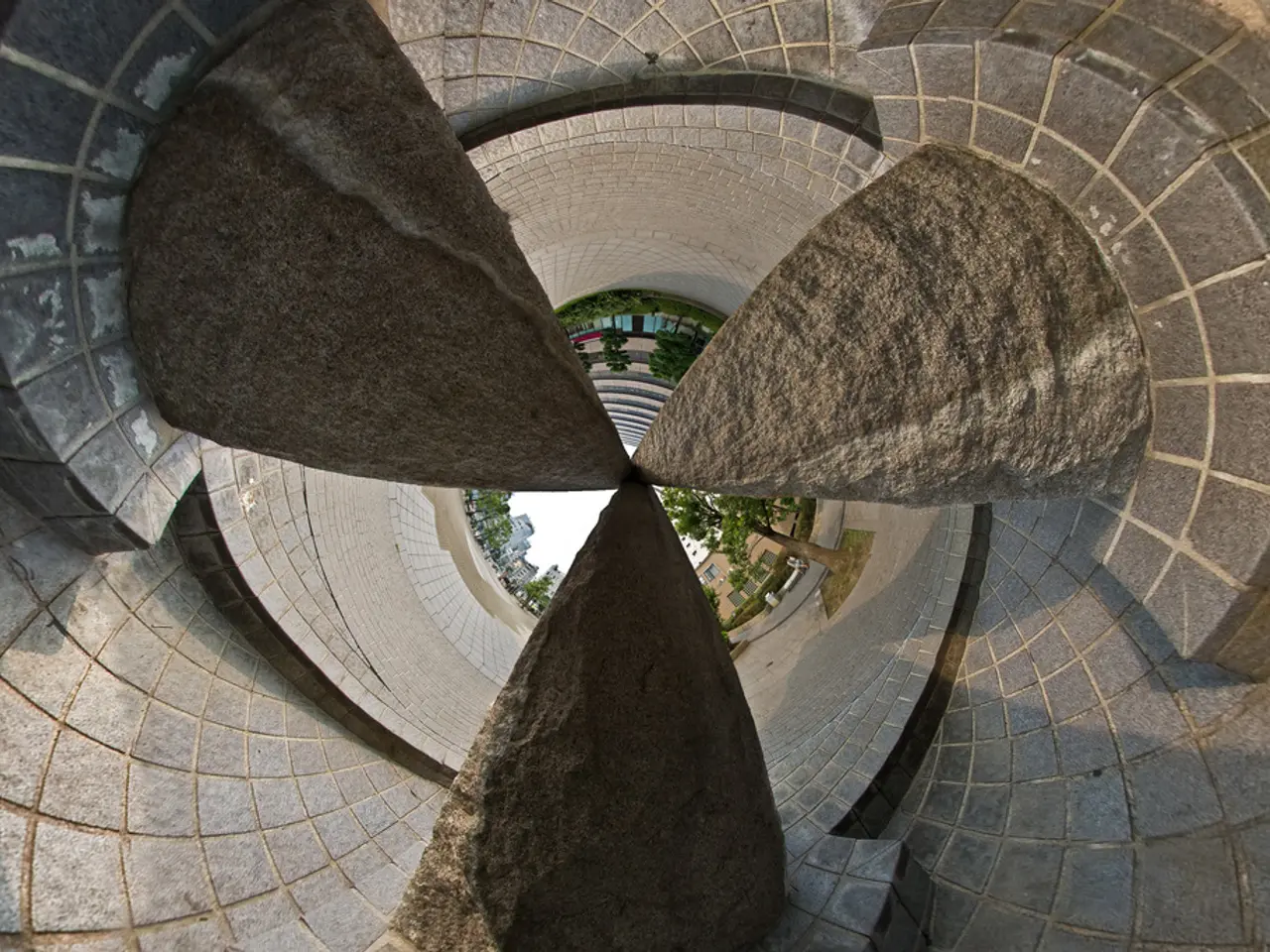Embracing a Simplified Lifestyle: An Journey of Personal Transformation
Living with Less: Discovering the Freedom and Contentment of Intentional Living
In today's consumer-driven society, the desire to accumulate more possessions and experiences can often lead to feelings of discontent. However, a growing movement advocates for a simpler lifestyle, one that embraces intentionality and minimalism.
According to psychologist Mihaly Csikszentmihalyi, author of 'Flow', humans are influenced by two forces of control: social and genetic urges. These urges can lead to discontent if followed unquestioningly, as they often result in a constant pursuit of the next prize, be it a new gadget, a larger home, or a more prestigious job.
However, adapting to living with less is about more than just letting go of material possessions. It's about discovering the freedom and contentment that comes with intentionally shaping one's space and life.
One key strategy for embracing a minimalist lifestyle is to declutter both physical and mental space gradually. This could mean clearing off a small area, such as a nightstand or desk, creating a sense of calm and control that helps ease emotional resistance to letting go.
Another strategy is to simplify one's schedule by identifying and reducing commitments that drain energy, creating room for what truly matters. This alleviates stress and mental clutter, allowing for a more intentional and focused life.
Building steady daily routines can also help reduce anxiety and chaos, providing a sense of peace and grounding. Practicing radical acceptance, or acknowledging painful feelings or loss without judgment, fosters healing and growth from letting go.
Assessing one's core life areas, such as mindset, relationships, health, and finances, and setting practical goals can support a more meaningful happiness than material accumulation. This focused approach identifies what brings dissatisfaction and targets areas for improvement.
Investing in meaningful experiences, such as travel or stress reduction methods, can increase well-being while living simply. Versatility in items, such as those that perform multiple functions, can make it easier to live with less, as it reduces the "loss sensation".
The rewards of a minimalist lifestyle include a sense of contentment and a feeling of mastery over one's life. Forgetting about certain items shows how little we need them to be happy. Going against the grain and living with less requires awareness and intention. Spatial constraints can also help, as firm boundaries for belongings make it easier to let go of unnecessary items.
Ultimately, the process of achieving contentment through minimalism is more important than the end result. Remember, it's not about having nothing, but rather having only what you truly need and value. The nervous system has developed a consciousness that is self-directed, allowing individuals to override biological sensations and societal trends.
So, if you're looking to find more happiness while overcoming the struggle of letting go, consider adopting intentional minimalist habits and cultivating acceptance of discomfort. Together, these approaches create a lifestyle that values intentionality and emotional resilience, enhancing lasting happiness with less.
[1] New York Times, "The Joy of Less: A Minimalist Living Guide: How to Declutter, Organize, and Simplify Your Life," by Francine Jay [2] The Mindful Way through Depression: Freeing Yourself from Chronic Unhappiness, by Mark Williams, John Teasdale, Zindel Segal, and Jon Kabat-Zinn [3] The Happiness Advantage: The Seven Principles of Positive Psychology That Fuel Success and Performance at Work, by Shawn Achor [4] The 7 Habits of Highly Effective People: Powerful Lessons in Personal Change, by Stephen R. Covey [5] The How of Happiness: A Scientific Approach to Getting the Life You Want, by Sonja Lyubomirsky
- Embracing a minimalist lifestyle involves not just shedding material possessions, but also intentionally shaping one's space and life for freedom and contentment.
- The art of decluttering, both physically and mentally, is essential for adapting to living with less.
- Simplifying one's schedule by focusing on what truly matters can prevent energy drain and mental clutter.
- Building daily routines provides stability and peace, while radical acceptance fosters healing and growth.
- Assessing core life areas and setting practical goals supports a more meaningful happiness than material accumulation.
- Investing in meaningful experiences and versatile items can increase well-being while living simply.
- The rewards of a minimalist lifestyle include a sense of mastery, contentment, and emotional resilience, enhancing lasting happiness with less.




